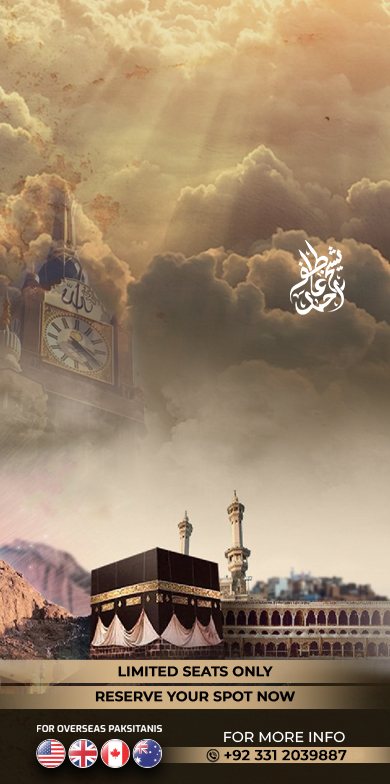HAJJ VIP PACKAGE
Pick Your Journey
Quad Package
$11,500/ per pax
Affordable option for families or friends journeying together.
Triple Package
$13,000/ per pax
Ideal for small groups sharing meaningful moments together.
Double Package
$14,000/ per pax
Perfect for couples seeking a serene Hajj
experience.
Calendar

Hotels

Mina

Hajj Experience
Accommodation
Enjoy luxurious accommodations with premium washrooms in Mina and Haram view rooms for an unmatched stay during your journey.
Get More DetailsDining & Refreshments
Relish full-board meals, snacks, and refreshments available 24/7, offering nourishment and comfort during your spiritual journey.
Get More DetailsEssentials & Comfort
Experience comfort with sofa mattresses in Mina, carpet mats, sleeping bags, and cool air-conditioned tents in Muzdalifah.
Get More DetailsGuided Services
Benefit from guided Ziarat, exclusive meet-and-assist services, and personalized Maktab access for seamless and enriching experiences.
Get More DetailsTransportation
Travel stress-free with special private buses, ensuring safe, efficient, and convenient transportation throughout your sacred journey.
Get More DetailsPremium Add-Ons
Elevate your journey with business-class travel options, exclusive premium services, and personalized enhancements for a more memorable experience.
Get More Details
